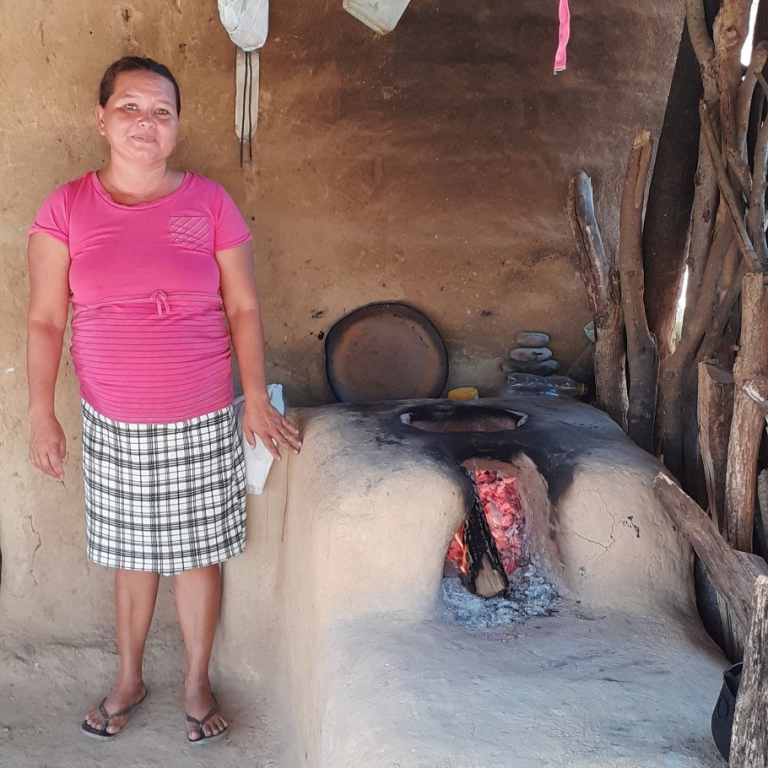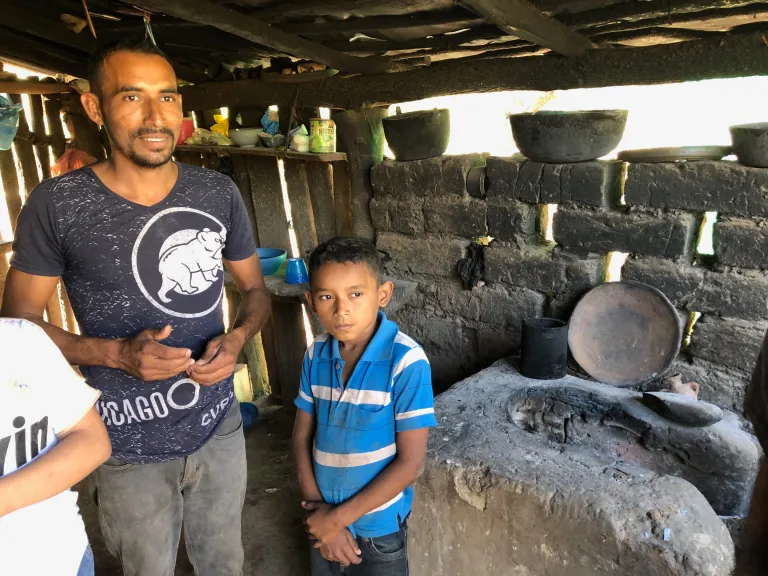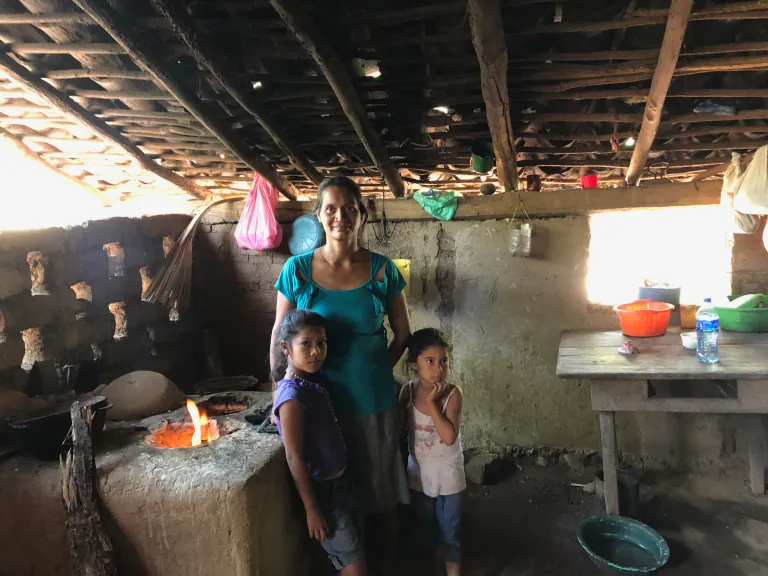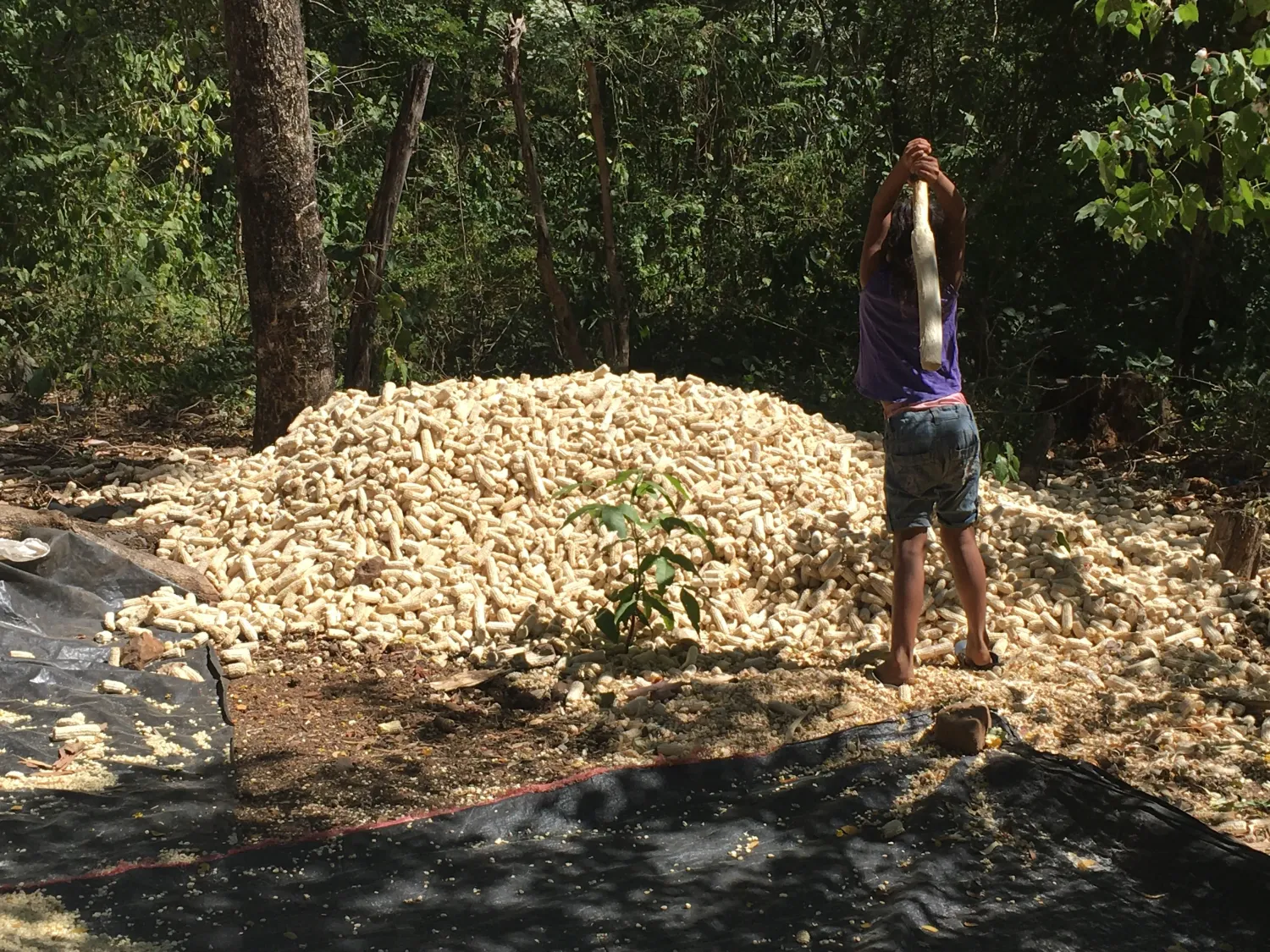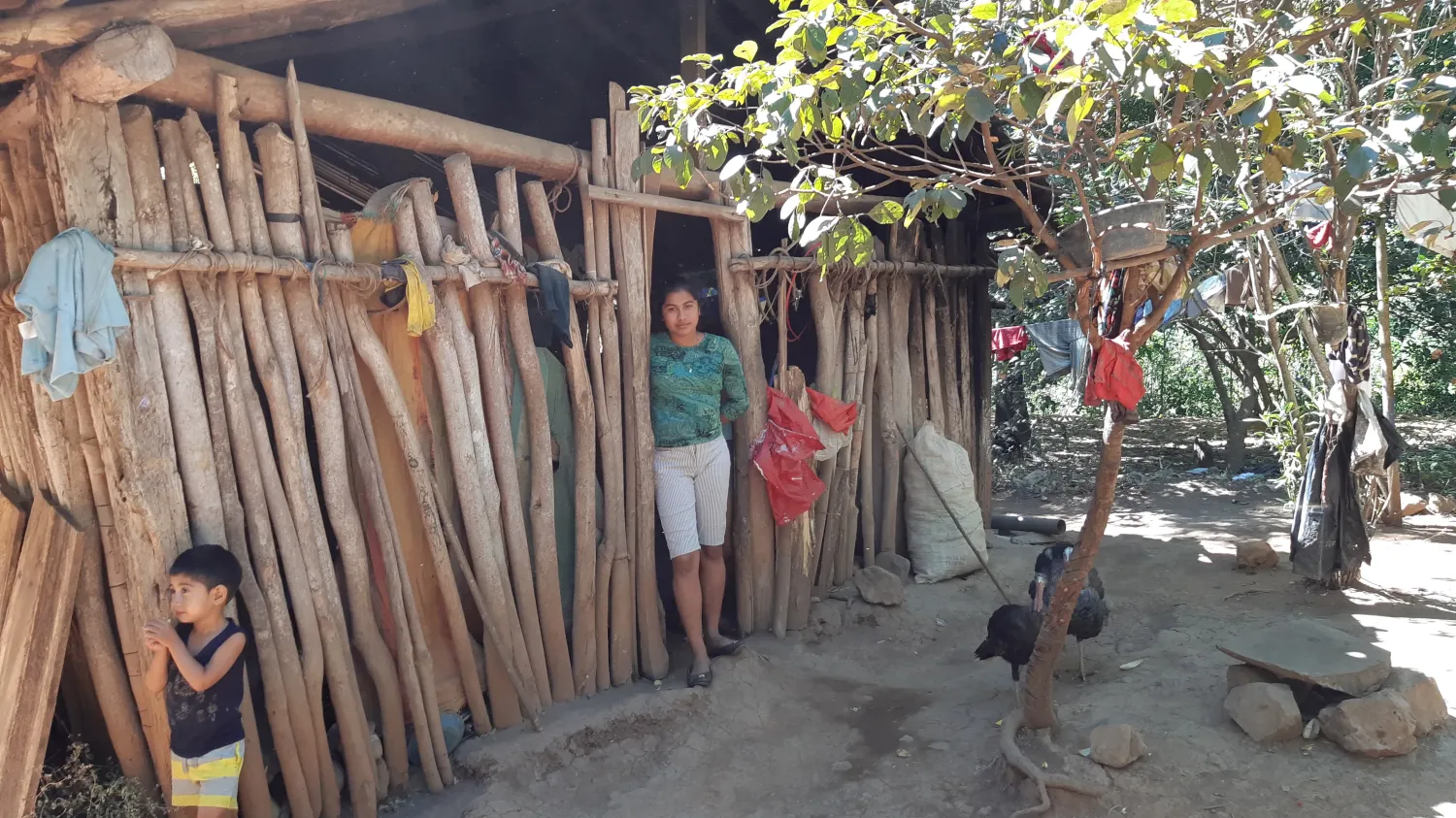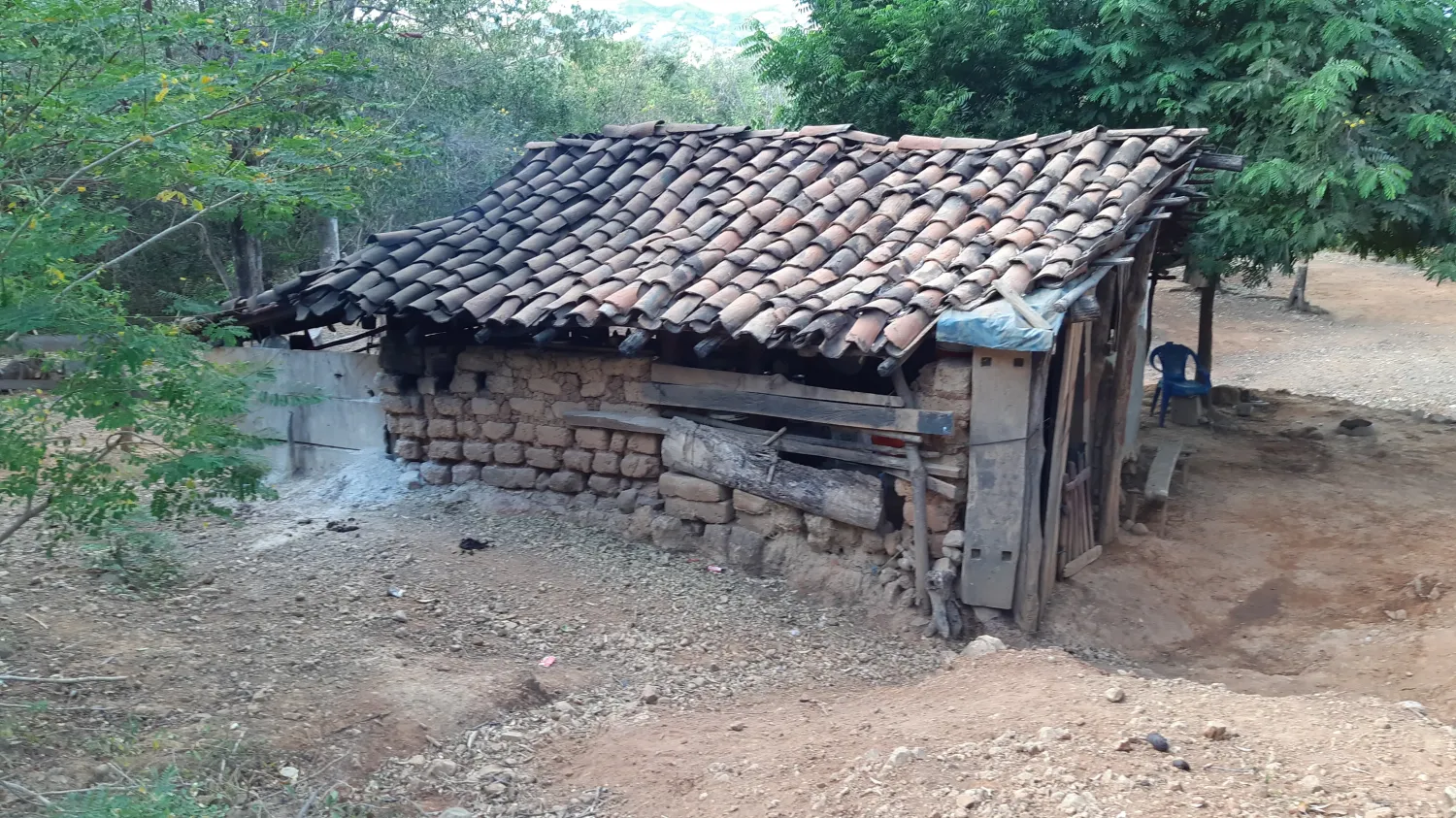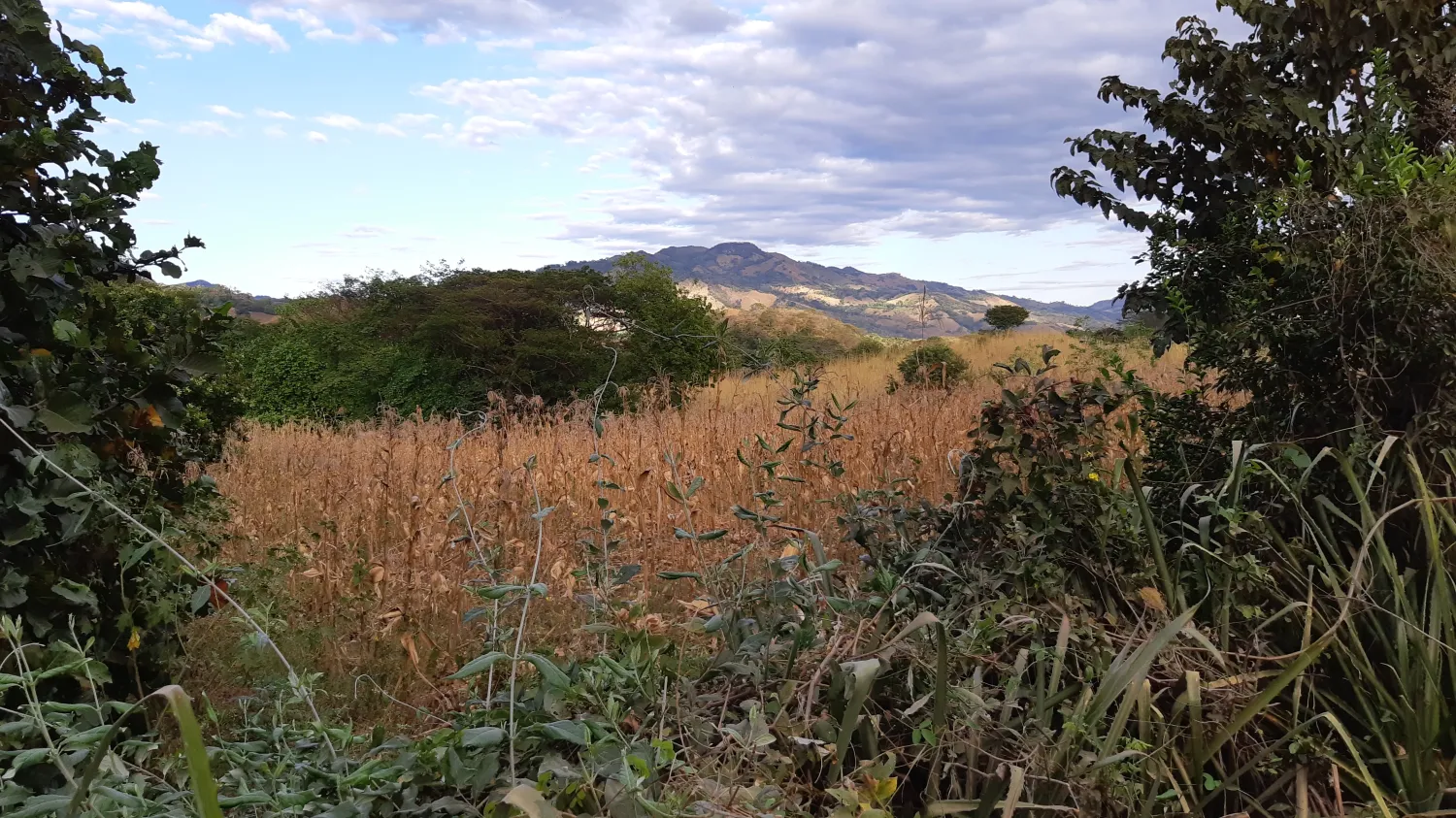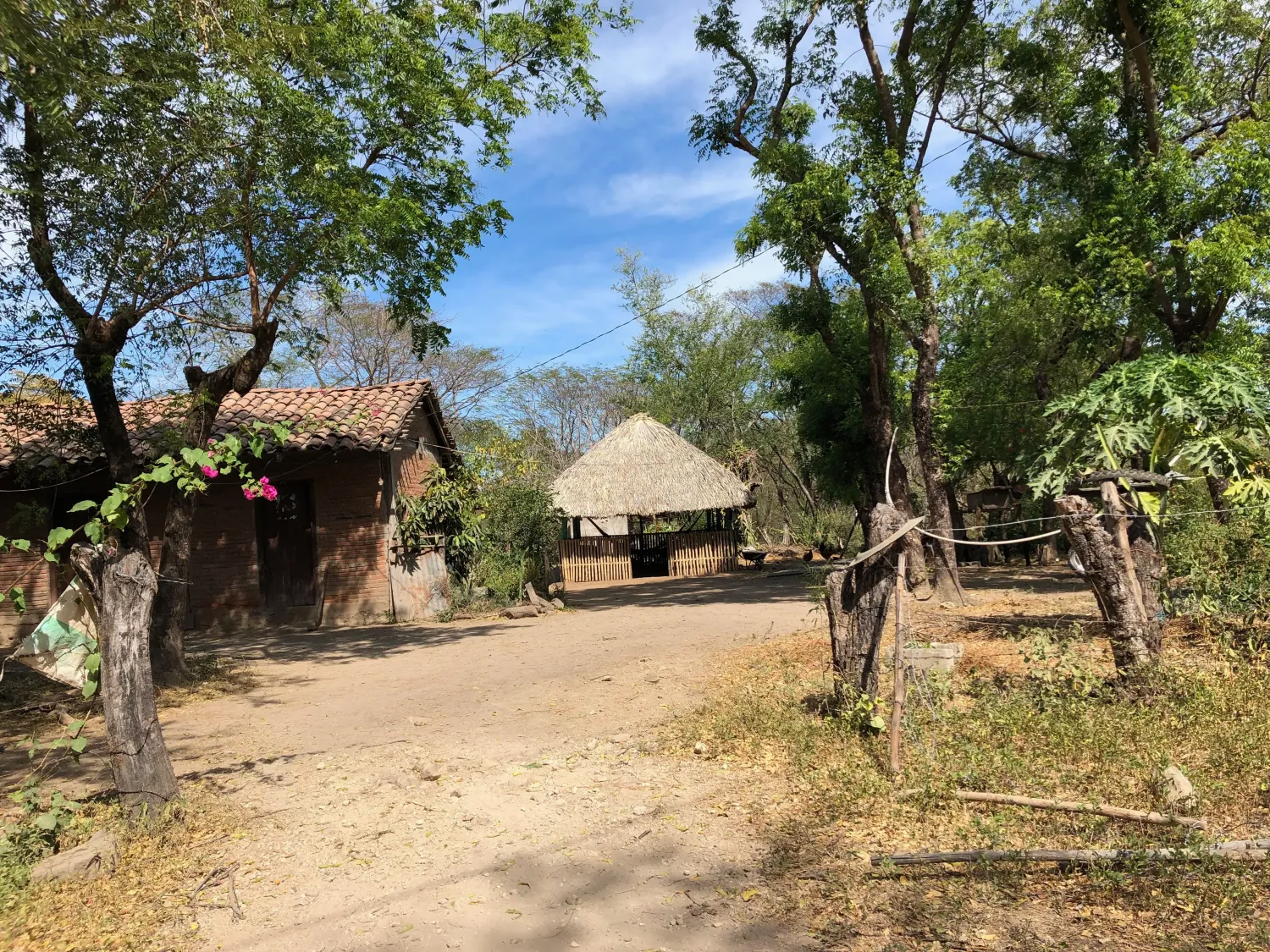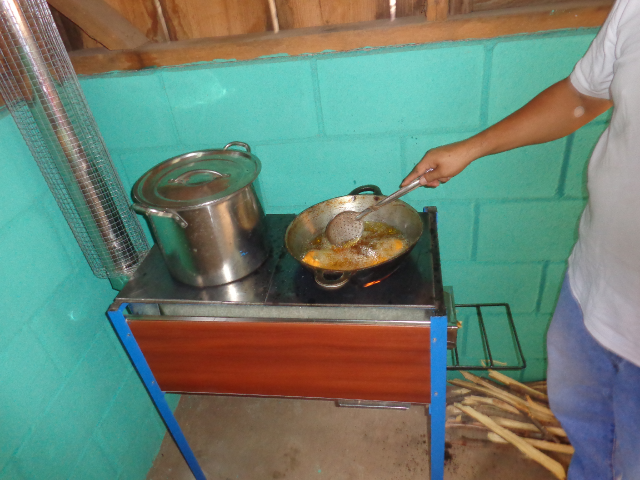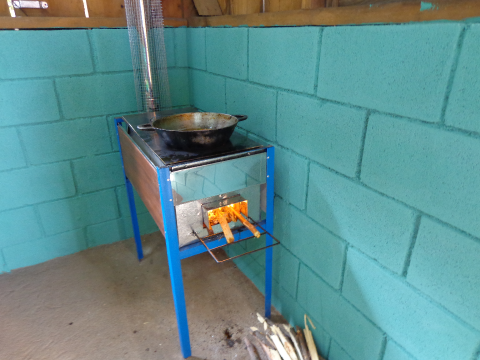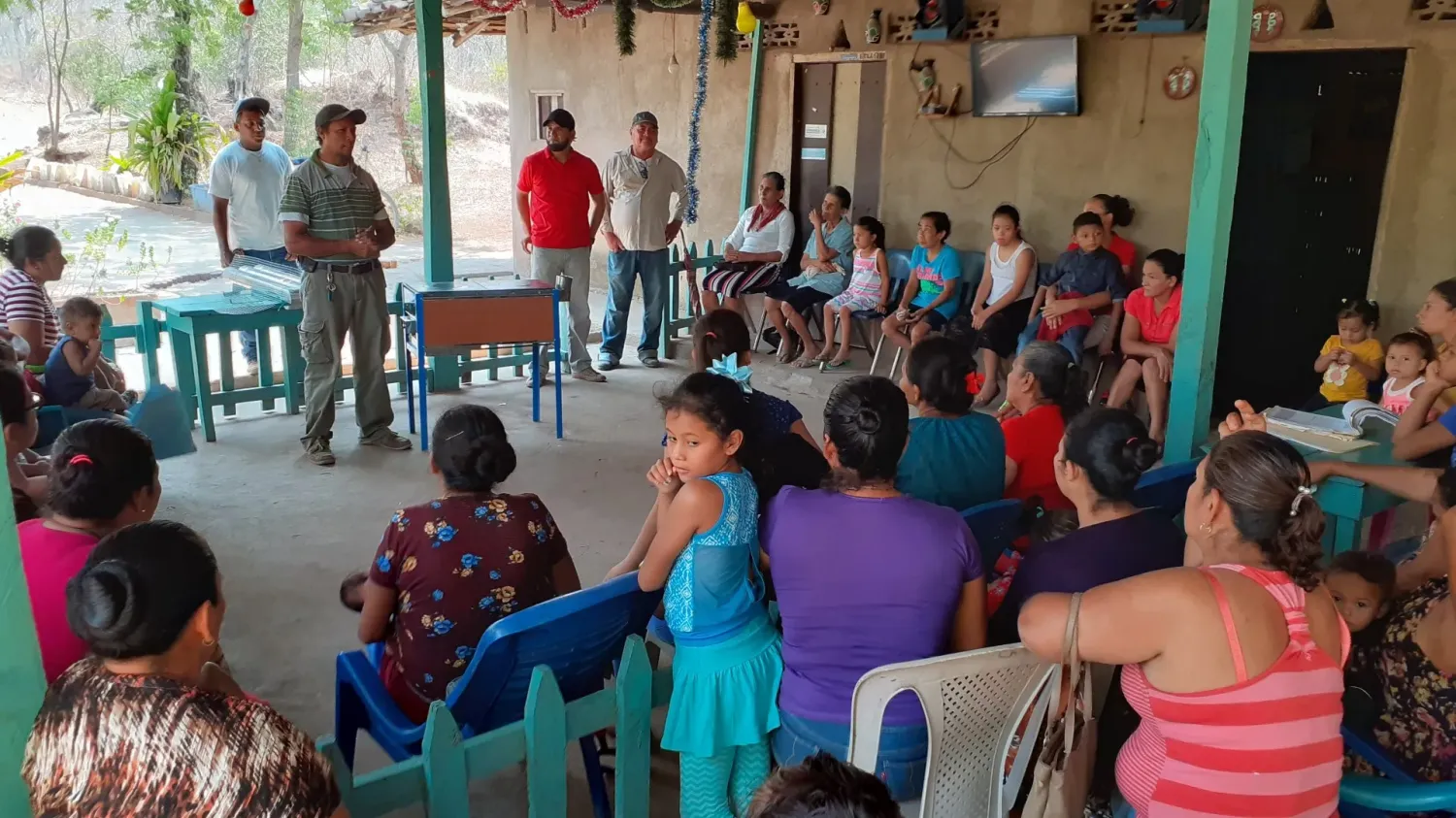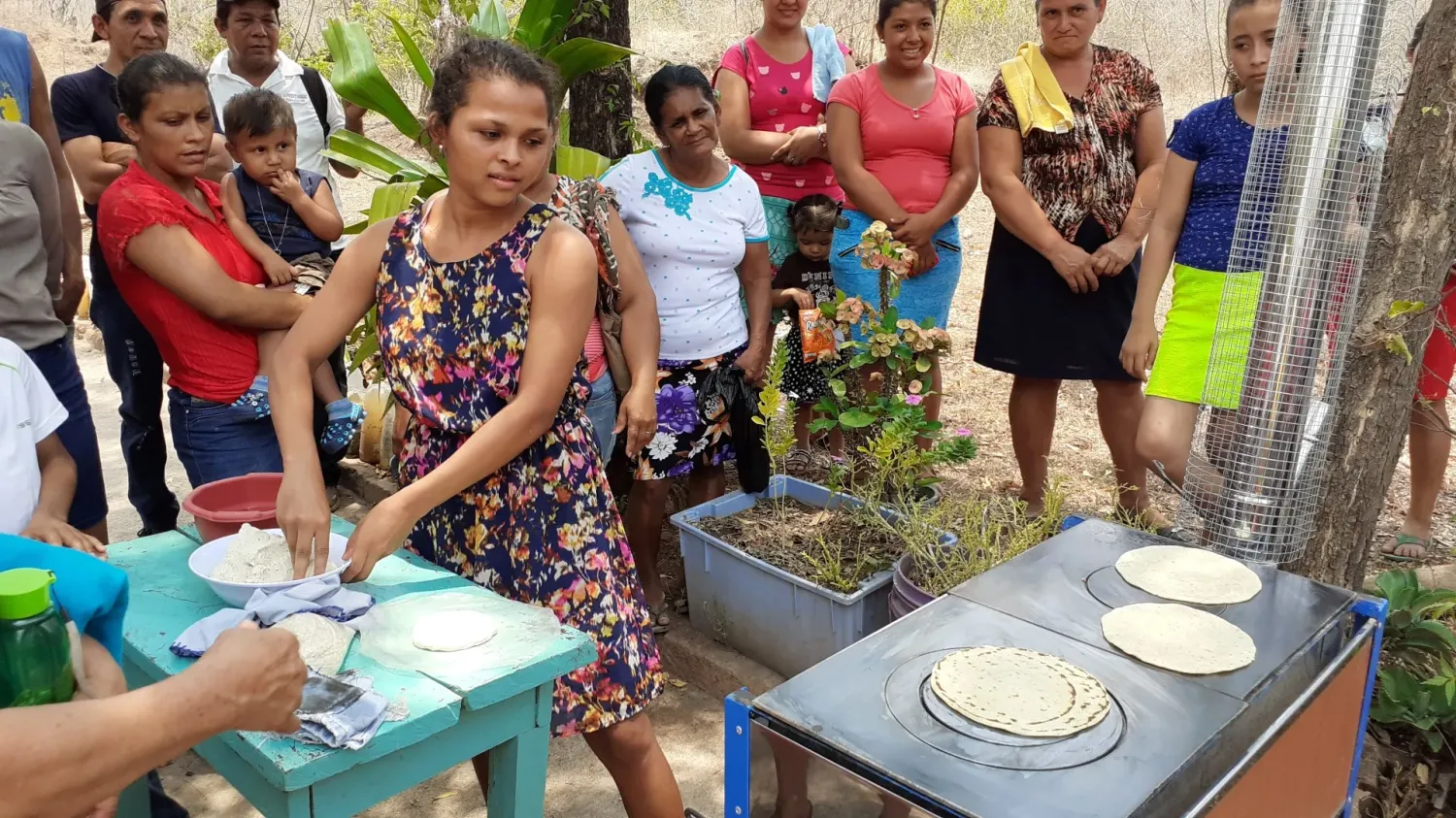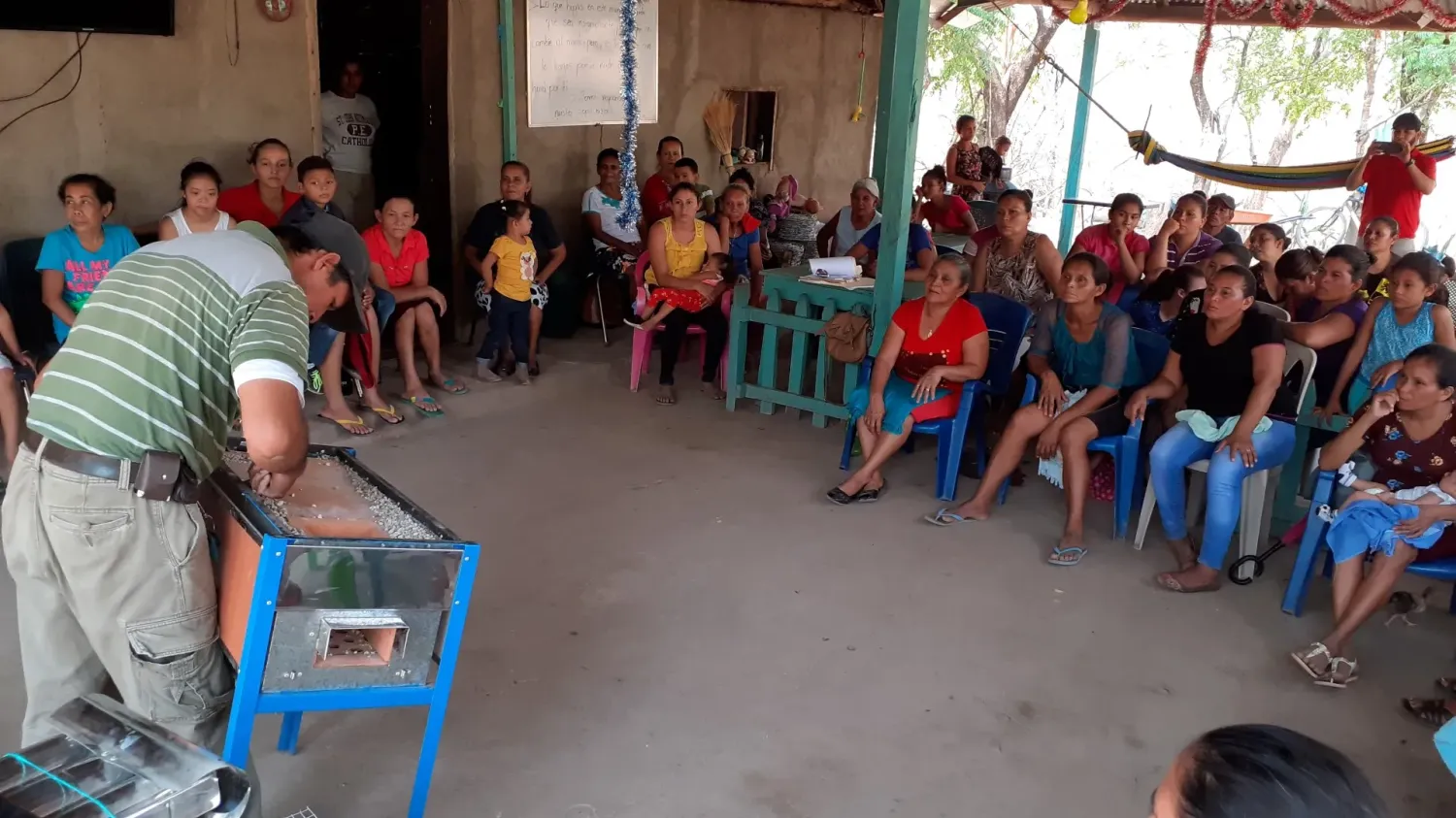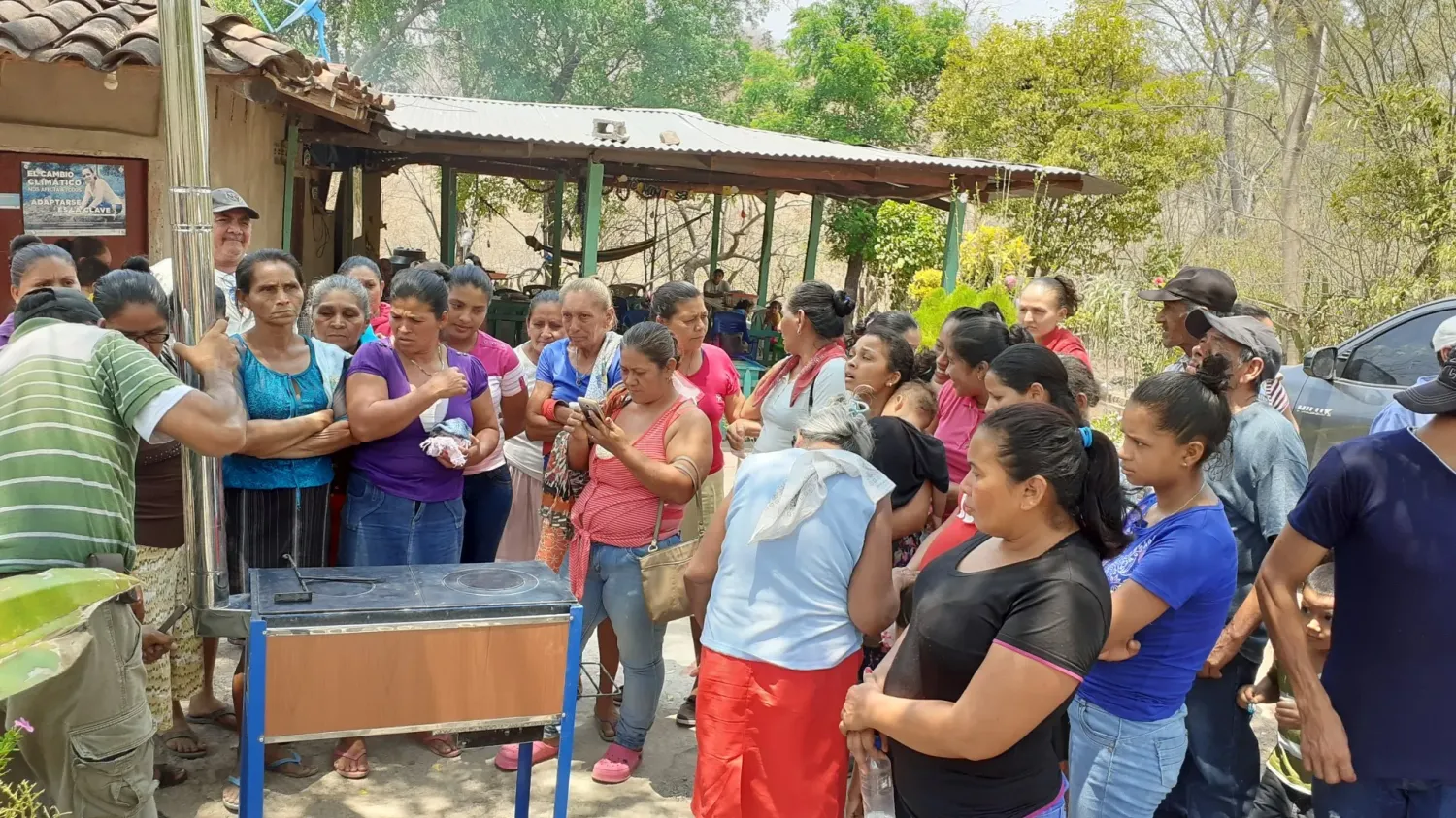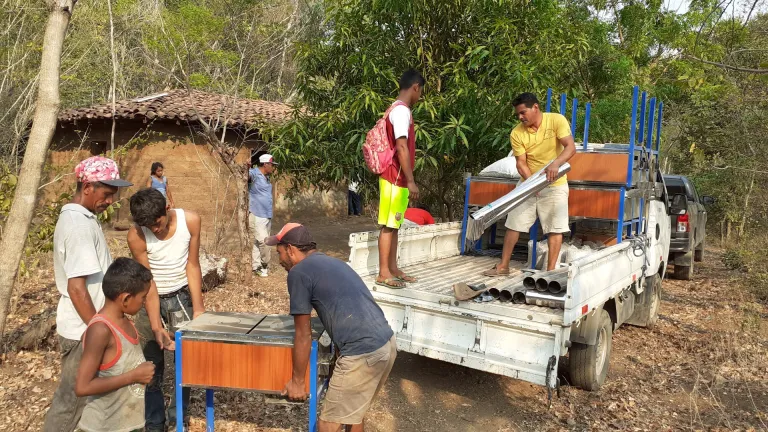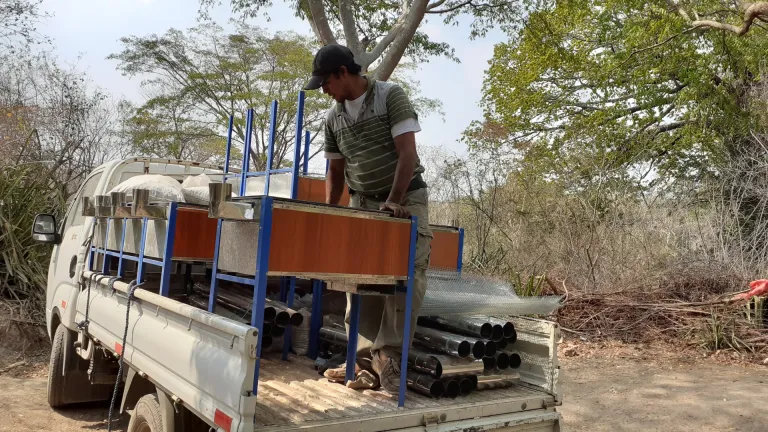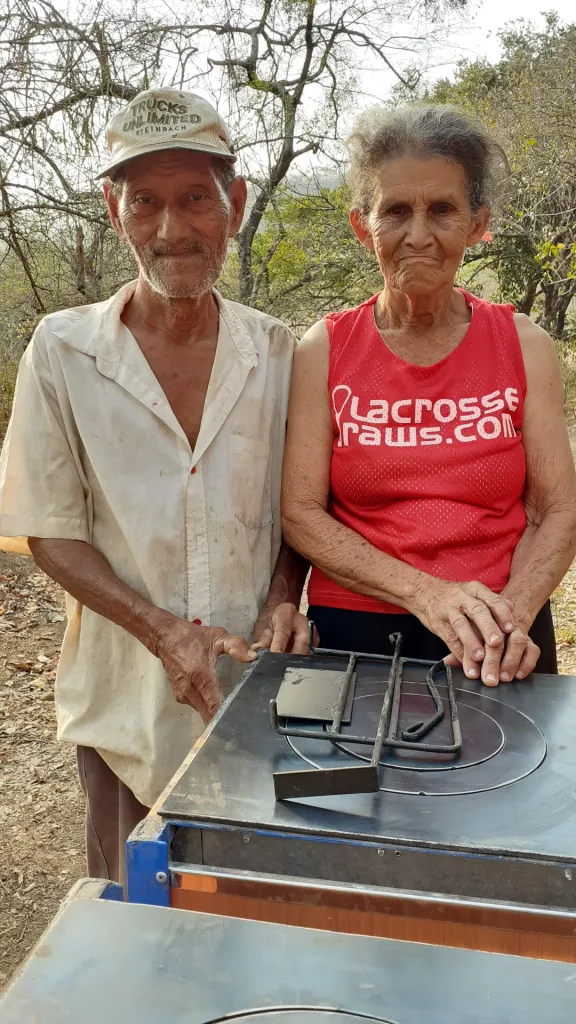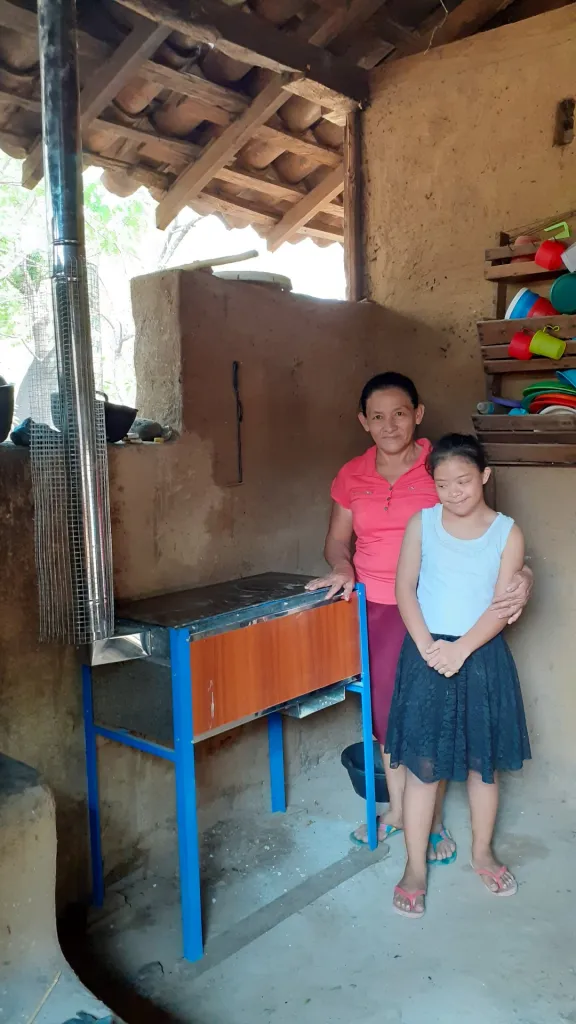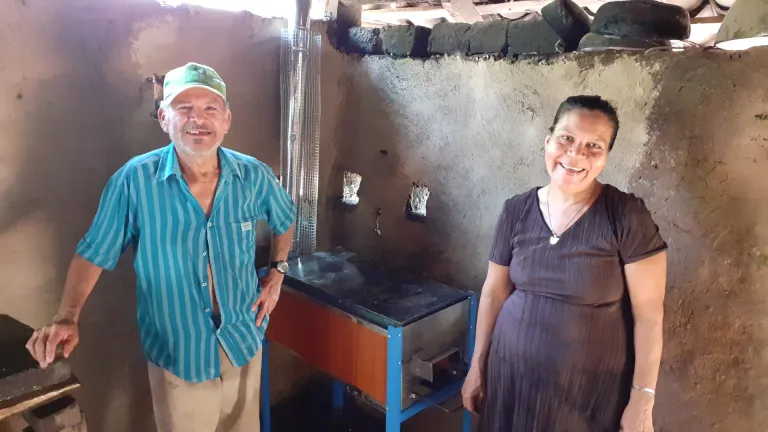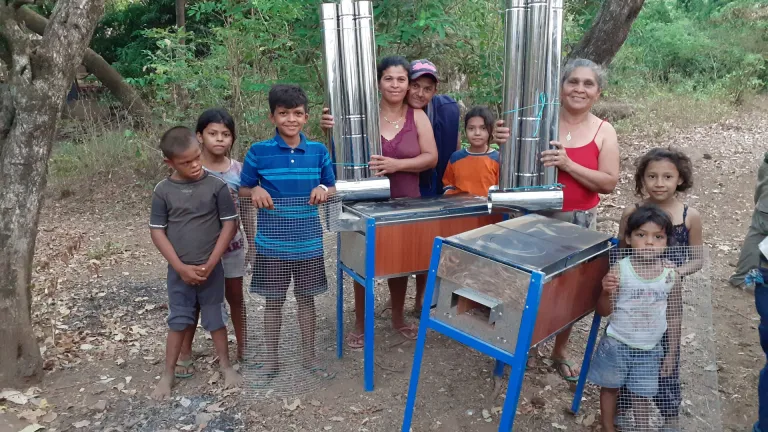Upgrades to Traditional Cooking Methods - Eco-Stoves
- Sep 30, 2020
- 7 min read

Installation of 50 Eco-Stoves – October 2020
Introduction
The common denominator of families who live in rural communities in Nicaragua is the use of traditional wood burning stoves for cooking. This domestic practice has been passed from generation to generation in response to an economic need and the poverty that exists in rural areas.
This traditional method of cooking has affected women who have been exposed to smoke inhalation since an early age, resulting in vision and respiratory problems. One of the more serious concerns is the effect it has on minors who, through no fault of their own, are exposed to the smoke every day.
The Las Mariitas and Palo de Rueda project saw the replacement of 50 traditional stoves with new and improved ones creating a much safer environment for families while at the same time reducing the amount of wood needed.
This project was made possible by a generous donation from a donor who lives in Bonnyville Alberta and who has supported the work of founder, Father Denis Hebert for many years, long before the formation of the Roots of Change Foundation.
The Communities of Las Mariitas and Palo de Rueda
The communities of Las Mariítas and Palo de Rueda are located 17 kilometers east of the municipality of Somotillo, in the so-called Dry Corridor of Nicaragua, where agricultural production has not been good in recent years due to the natural phenomenon “El Niño” which has brought little to no rain to the region.
The community consists of 6 sectors named Nance Dulce, Las Palmitas, Sector Matilde, El Arenal, El Espino and La Sufrada. The total population of the area is 920 inhabitants who live in 198 homes.
Most families do not have their own land from which to obtain firewood which makes it difficult to meet the family’s needs when cooking food. Many have to buy firewood from wood marketers who continue to increase the price of the product and many cannot afford the wood.
The Ministry of Health has no presence in the community. All health emergencies have to be transported to the hospital in Somotillo. The nearest health clinic is located in the “El Rodeito”, 4 kilometers from Las Mariitas, where a doctor provides care once a week on Tuesdays.
The community has bus service twice each day which travels to Somotillo where connections can be made to larger cities.
There is one primary school named “José Dolores Estrada” with a student population of 147. The area is also the home of a secondary basic Agricultural Institute with the name “Juanita Petrick” (IBRA). In this study center, young people receive an Agricultural Technical Bachelor degree. Currently, there are 63 students from the community studying at the center. Some students from neighboring communities travel between 3 and 7 kilometers to take these classes.
The community of Las Mariitas does not have electricity. Steps have been taken to have it brought in but the community has had no positive results. The people of this area are dedicated to agricultural work as this is their only means of survival.
The products they grow are: corn, wheat, melon and sesame. The produce is mainly for family consumption with surplus being sold at the market in Somotillo. In addition to the cultivation of grain and fruit, they plant vegetables in small areas for home consumption.
Evolution of the Traditional Stove
The need to improve the quality of life and the depletion of natural resources has given rise to new and improved cooking methods. In recent years, wood-burning stoves have evolved to become more efficient and now provide a much healthier environment for people.
Benefits of the Eco-Stove
With introduction of the Eco-Stove, the daily routine of cooking and the benefits that come with their use include:
Reduced health problems in adults, children and elderly who benefit from living in a much healthier, relatively smoke free environment.
Lower consumption of firewood, which reduces the indiscriminate depletion of forests
A significant decrease in the time it takes to cook meals
The reduction of soot build-up in ceilings and walls within the home
Savings in wood costs for those who purchase it
Promotion of the Eco-Stove
With successful implementation of new and improved stoves in the communities of San Benito and Achuapa, word has spread to neighboring communities and has sparked interest in those seeking a better quality of life.
The installations in San Benito and Achupa were a tremendous success. The beneficiaries have seized the opportunity to transform their environment.
Families have better health conditions, and the satisfaction of being part of the project is evident in the community. Peasant families are now taking care of their health and the environment through the use of the new stoves called ‘ECOFOGON’.
FUNDACCO continues to promote the Eco-Stove in remote impoverished communities that still use the traditional stove.
Eco-Stoves
There are different models of the Eco-Stove depending on the activity it is being used for. The standard stove best suited to prepare food for a family is the ‘Angelica’ model.
Features of the Angelica include:
Made of standard 26 gauge galvanized smooth sheet
Measures: 63.5 cm long x 39 cm wide x 88 cm in height
Base: it has four legs made of 1¼”x 1/8” angle iron
The interior of the stove contains a ceramic combustion chamber, a secondary air inlet at the bottom which also functions as an ashtray and thermal insulation of pumice or ash. It has a metal chimney made of stainless steel with a height of 2.70 meters and a diameter of 3.5”.
Project Objectives
The objectives of this project were to:
Enable 50 families to receive Eco-Stoves
Promote and encourage the rational and efficient use of natural resources (firewood)
Promote the use of improved kitchens in families living in the rural areas of the country
Contribute to the reduction of lung diseases and gastrointestinal conditions caused by the inhalation of smoke that emanates from traditional stoves
Improve the health conditions of housewives and the family as a whole
Optimize hygiene conditions in homes
Avoid the deterioration of homes as a result of smoke and soot.
Preserve the environment through a reduction in air pollution
Impact and Expected Results
With implementation of the new and improved stove there will be:
A decrease in the suffering of mostly women and children which include irritation and inflammation of the respiratory tract and eyes, cardiovascular problems, the emergence of long-term cancer, anemia, asthma and other conditions due to being subjected to smoke.
Improved quality of life of benefited families breathing healthy air inside homes, as a result of clean burning – outdoor vented stoves.
Improve the economic condition of the people through a reduction in the consumption of firewood for those who purchase it.
A reduction of soil erosion from deforestation
Less time spent preparing food for the family thereby making time available for use in educational and/or productive activities with the family.
Project Execution
Members of the Las Mariitas and Palo de Rueda communities who were faced with the need to improve their health, organized themselves and made a formal request to FUNDACCO through a local organization in the area called El Bloque.

The first organizational meetings began in February 2019 with FUNDACCO visiting each of the families that would become a beneficiary. These meetings allowed FUNDACCO to get to know the families, their way of life, and what conditions to consider during the execution of the project.
Over the course of the summer and as with previous Eco-Stove projects, each beneficiary was required to attend a series of meetings to learn of the benefits to their health and of fuel consumption. They also learned the value of cooking with a constant temperature and reduced time – unlike the traditional stove.
Beneficiaries were required to attend training sessions provided by the supplier on:
The stove’s operation
How to light the stove and not use plastic or other non-wood burning materials as fuel
Maintain and clean the stove weekly
Not to wash surfaces while they are hot
How to remove accumulated of ash
Each family involved in the project was responsible for removing their traditional stove prior to the installation of the new stove.

The installation was carried out in two stages with 15 stoves being installed by technicians early in the spring of 2020. Due to the COVID-19 pandemic, the activities were halted and this had an impact on the timely execution of the project. In August work resumed with the final installations being done in October 2020.
The initial project was for the installation of 16 stoves in the community of Las Mariitas however with assistance from the international organization Trees, Water & People and discounts from suppliers, 50 stoves in total were installed including 5 in Managua where FUNDACCO delivers a Primary Health Care program.
As part of all projects delivered by FUNDACCO, monitoring the installations and families after completion, forms an important part of the entire project. During this follow-up activity, FUNDACCO was able to confirm that of the 50 families who benefited from the project only three were not using the stove properly.
The misuse of the new stoves was the result of cultural practices with traditional stoves where large amounts of wood are used to cook food faster. However, in coordination with community leaders and FUNDACCO, work is being done to educate these families to make proper use of the improved stove.
Conclusion
The completion of this project created a higher than expected, positive impact on the beneficiary families. Word has spread once again to neighboring communities creating a new demand for such installations. During follow-up visits to the project, community groups from these neighboring communities have submitted written requests to FUNDACCO so that they too could be taken into consideration for such a project.
With the execution of this project, participants now are equipped with a new way of cooking their food, one that is significantly better for their health and friendlier to the environment.
Members of the beneficiary families have expressed their joy and gratitude towards those who provided the funding and discounts that made the project possible and to FUNDACCO for executing the project.
While this initiative was a challenge for many families to be able to adapt to change, traditional barriers are being broken and the practice of using traditional stoves which have been passed down from generation to generation are fading.
On behalf of the communities and beneficiary families, FUNDACCO expresses its deepest gratitude to Roots of Change and to the donors for their dedication and support which is improving the lives of the Nicaraguan people.
